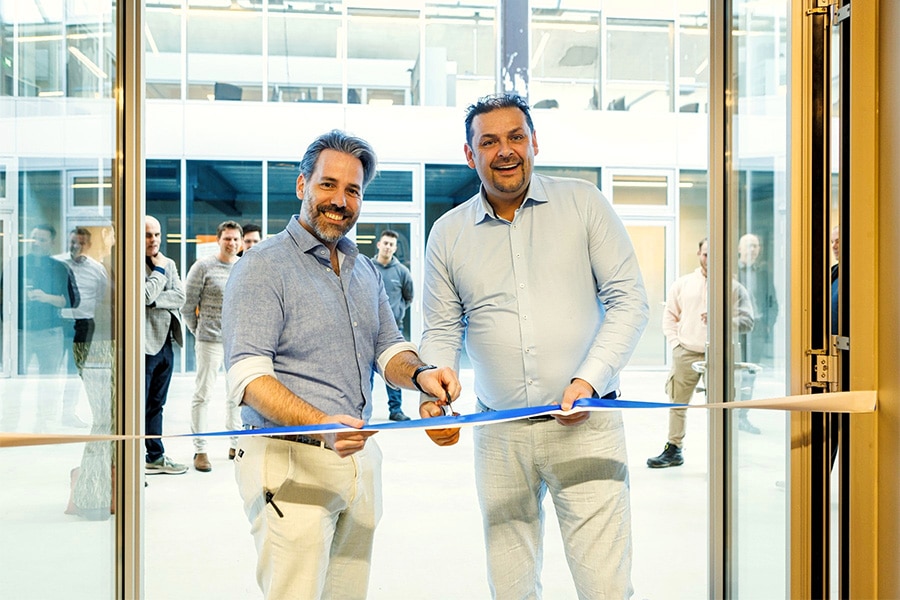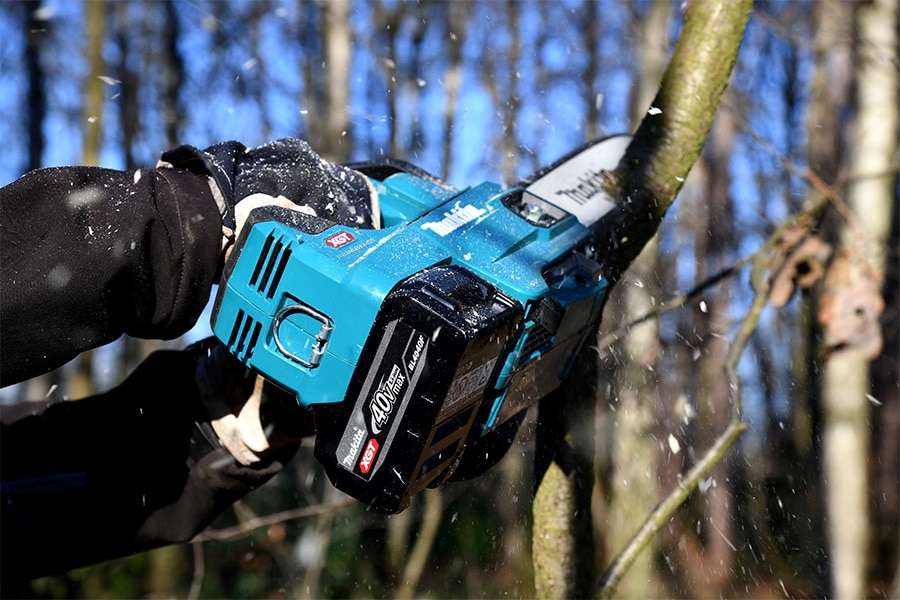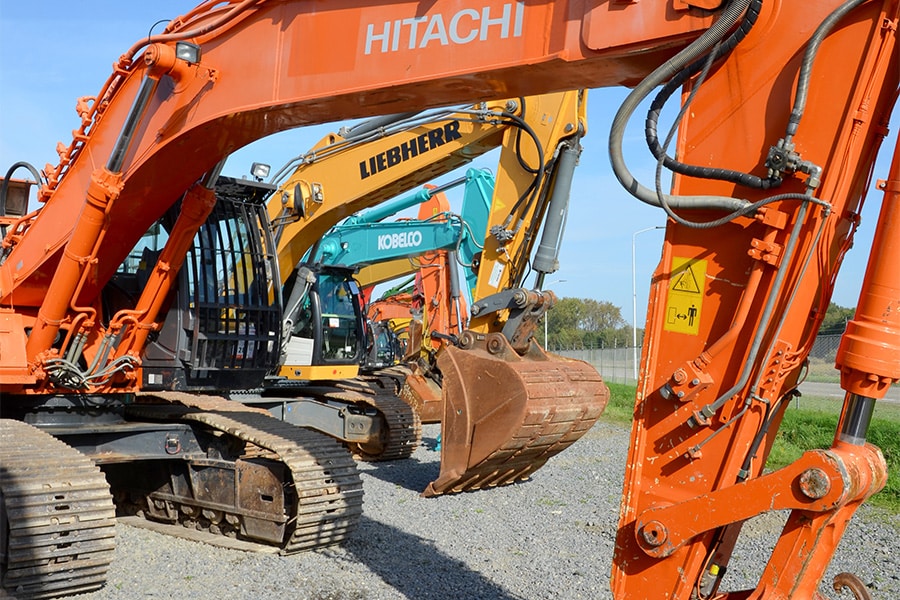
The unstoppable march of sustainable asphalt
Value chain collaboration for biobased & circular asphalt
Circular and biobased raw materials, open innovation and collaboration. That's what you need in any case, according to the CHAPLIN consortium, to successfully green the asphalt chain. Within CHAPLIN, companies, governments and knowledge institutions have been working together since 2019 to replace bitumen, the fossil binder in asphalt, with renewable raw materials. The urgency is high, as is the ambition: 50% CO2-reduction by 2030 and 100% by 2050.
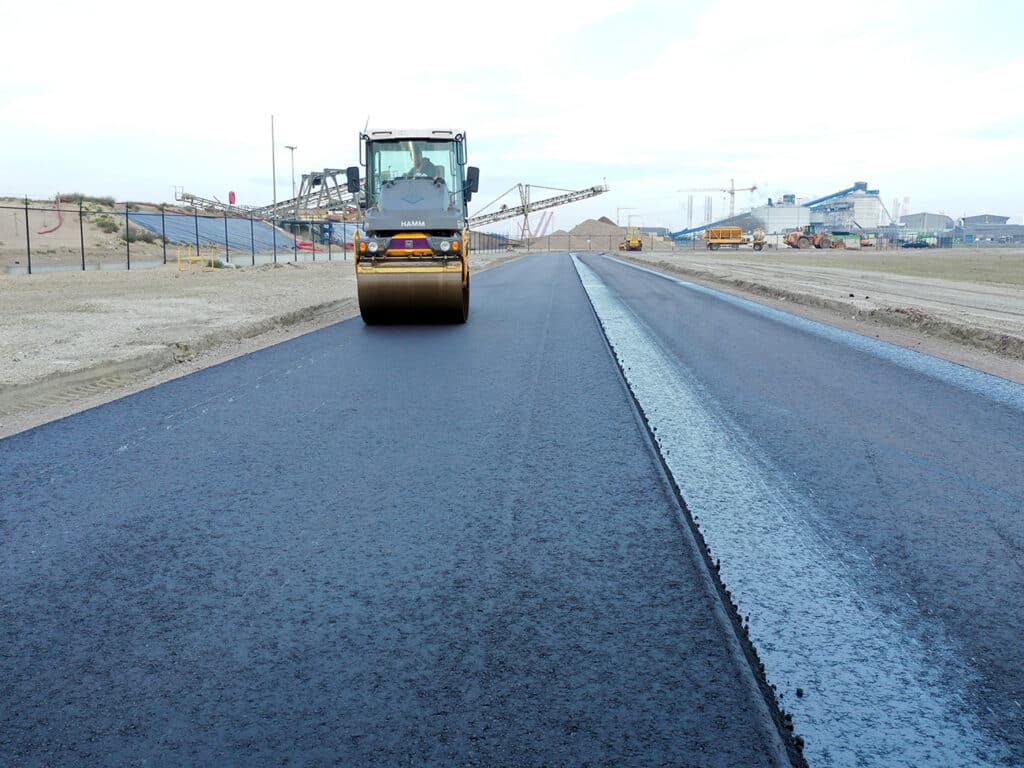
Bitumen quality and availability under pressure
Changes at refineries and geopolitical tensions are putting increasing pressure on the quality, availability and price of traditional bitumen. "The availability of bitumen from oil is no longer a given in the long term," said Edwin van Osch, director of AsfaltNu. "You can see that Europe's reduction of CO2-emissions accelerates and reduces its consumption of oil. I expect this to become noticeable already in the next few years. We are an asphalt producer with sustainability as our mission so we want to drive and stimulate the search for an alternative to bitumen. However, we cannot do this alone. CHAPLIN brings the various stakeholders in this field together and can ensure that we take this up together as a sector."
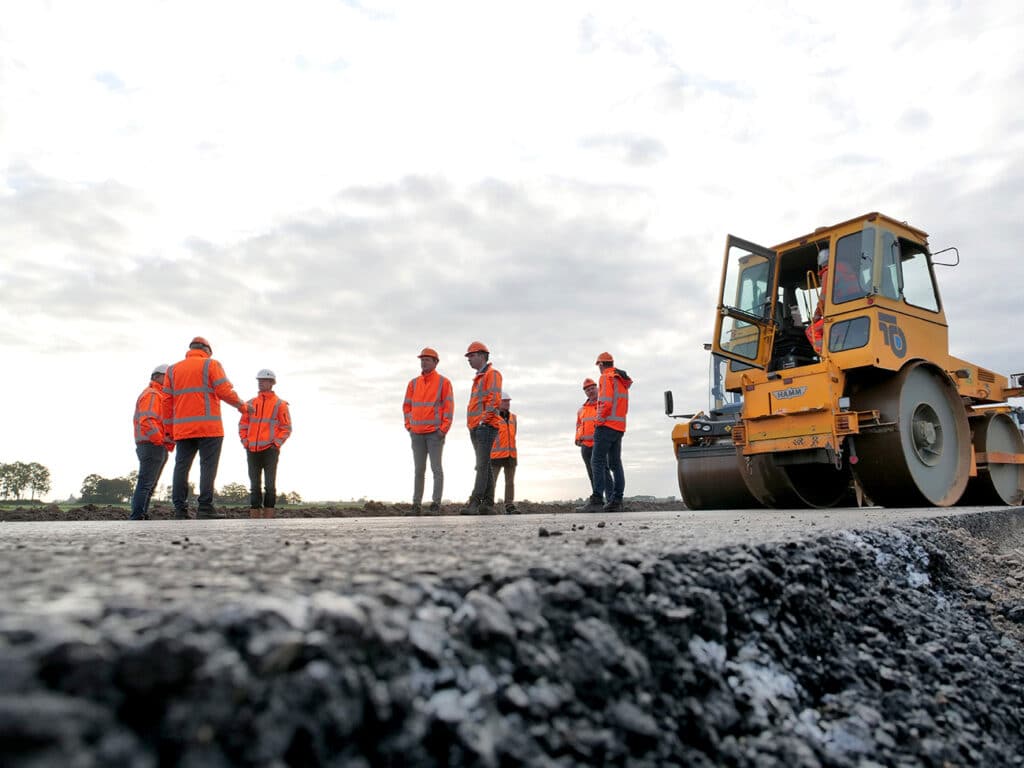
Biobased raw materials
"A very effective climate measure for sustainable road paving is the use of bio-based raw materials to replace bitumen," explains CHAPLIN program leader Joop Groen. "These substances are extracted from wood and plants and are released as residual streams in the production of paper and cellulose, among other things, as well as in biorefineries. Carbon dioxide is absorbed from the atmosphere as it grows, and when these substances are incorporated into asphalt, it puts the CO2 stuck in the road for a long time. In doing so, the CHAPLIN collaboration makes an important contribution to the greening of the road construction industry and CO2-reduction. In addition, CHAPLIN offers the road construction industry alternative raw materials which is very welcome as fossil bitumen comes under increasing pressure."
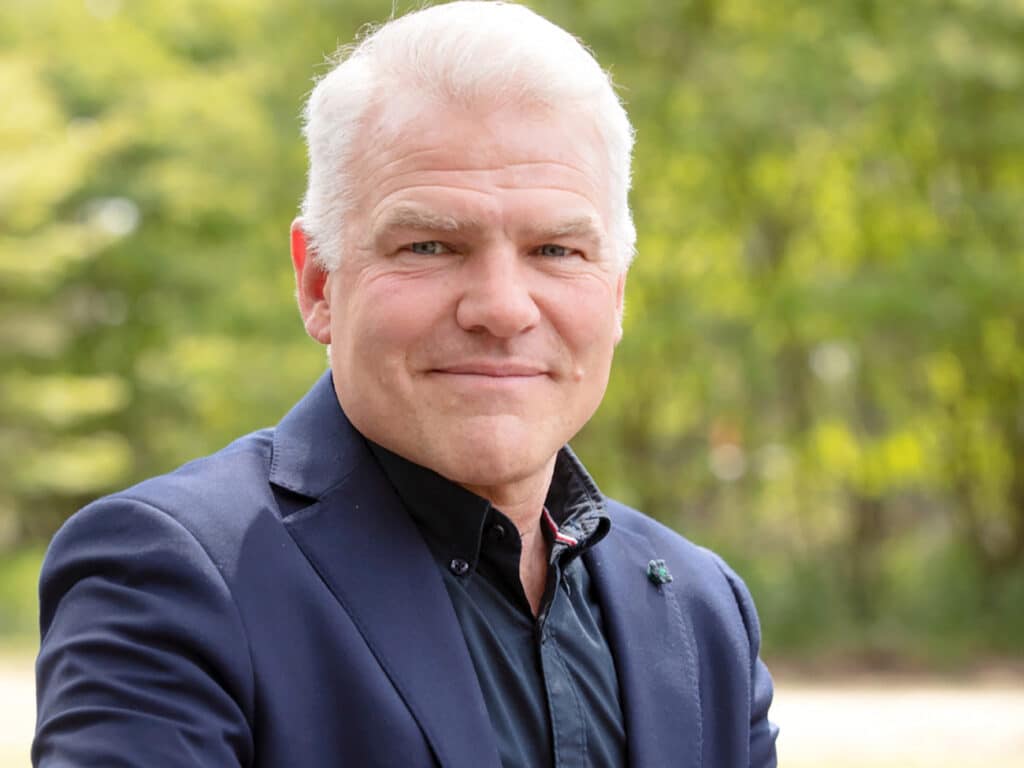
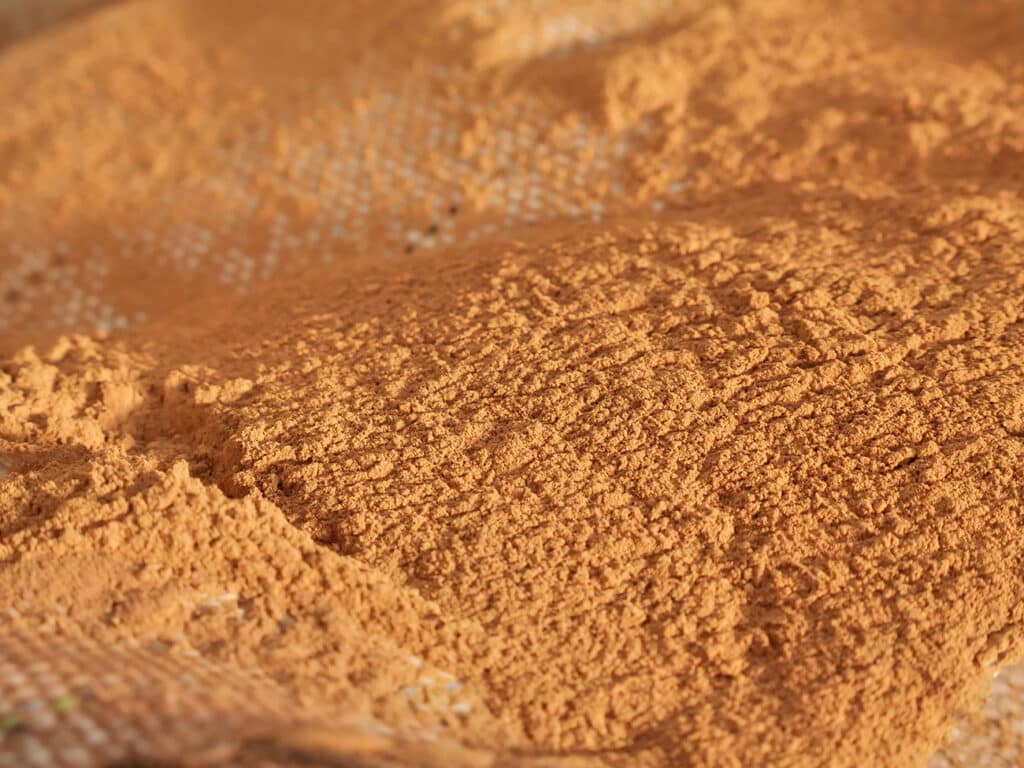
Business case
The replacement of bitumen with a bio-based binder requires very innovative and new technologies with which the members of CHAPLIN have already achieved several successes. For example, an initial insight has been gained into which raw materials work best, what modifications are needed in asphalt plants, what are the health and safety and environmental aspects to take into account and to what extent it is techno-economically feasible. About the business case, the program leader is positive: "Calculations by CHAPLIN members show that bio-asphalt is currently about 10% more expensive than fossil asphalt. If volume increases and if buyers are eventually required to operate more sustainably, I expect bio-asphalt to become competitive and eventually take over from fossil asphalt."
Utrecht University is one of the parties involved in CHAPLIN from a scientific perspective. Martin Junginger, professor of biobased economy sees a lot of added value in the cooperation: "For the transition to a circular economy you need interdisciplinary cooperation. You need each other. For road authorities and asphalt products, independent and objective research is important. We can use our models and analyses to provide insight into environmental and economic performance and show exactly how much better biobased asphalt is and in what ways. We in turn need primary data that CHAPLIN members can provide us with. I think it is great to see that we can really put our research into practice and thus together contribute to the creation of a biobased economy."
Scaling up
Meanwhile, 25 test sections have been laid on different roads throughout the Netherlands and with different asphalt compositions. The resulting test results provide valuable information for further learning and development. In addition, insight has been gained into the climate and environmental performance of lignin-based bio-asphalt. These are very promising so far, according to Joop Groen: "Utrecht University's calculations show that we can already achieve up to 75% CO2-reduction can be achieved! There are 136,000 kilometers of asphalt in the Netherlands alone, so the potential of this innovation is enormous."
This is also something that road authorities such as the Department of Public Works, the provinces and municipalities recognize. They are highly motivated and committed to achieving the necessary sustainability as quickly and as robustly as possible.
The challenge and ambition: 100% biobased asphalt as a standard product
The challenge and ambition of the consortium is to be able to offer 100% biobased asphalt as a qualified and accepted standard product that is widely applied. With this mission, the new project CHAPLIN-BBM was launched on September 20, 2022, where BBM stands for 100% biobased binder.
"We are working on a fully bio-based binder with the same, or even better functional properties than fossil-based asphalt. This applies to both the production, processing and use phases. As with current asphalt, our bio-based asphalt must be suitable for recycling and scalable in volume to at least 50 kton/year so that bitumen can be completely replaced. Furthermore, it must be guaranteed to be compatible with fossil bitumen. Because it will get mixed up in the recycling streams and also so that an ingrowth model can be applied in which the content of biobased raw materials is increasingly increased. The biobased binder must also be suitable for SMA, AC, ZOAB and other mixtures just like bitumen.
We want to make it very widely available so that this can really be applied as a standard solution across the industry."
"Because a large number of road builders, road authorities and knowledge parties are working together in this project, the combined knowledge and experience is unprecedented. Moreover, a considerable arsenal of facilities can be deployed and the road authorities are closely involved in defining the program of requirements from the beginning. In this way, we let the development of the market and the product go hand in hand, which will benefit the broad implementation and thus the impact. The project management is done by Circular Biobased Delta as an independent party; we do the work together."
AsfaltNu is one of the parties that set up the project around 100% biobased binder. Edwin van Osch, director of AsfaltNu, says: "We have contributed to drawing up a program of requirements and a plan of how we as a consortium can go about meeting these requirements. For example, bio-based products must not limit the possibilities for reuse and production at reduced temperatures, and the quality of asphalt with these alternatives to bitumen must be at least equal to that of existing asphalt. As soon as the first bio-based products appear, we want to develop and test prototype mixtures. This will make their application more concrete and ensure that we can continue to deliver the familiar asphalt quality in the future. I find it very positive that a large number of parties recognize themselves in the project and have decided to participate."
Deviating from the beaten path
The road construction industry has traditionally been a fairly traditional sector, which does not simply welcome innovations with open arms. All parties are now convinced that there is a need to go green, and that it can be done. But there are still some hurdles to overcome before actual acceptance and application. In the words of AsfaltNu director Edwin van Osch: "You cannot keep doing what you have always done. You have to be open to new, sustainable products and have the guts to start working with them, without knowing the latest 10%. Dealing with uncertainty is a big challenge, but a challenge that we have to take on as an industry."
That is a call that Martijn Verschuren, Manager of Business Development at asphalt product provider H4A endorses: "I would like all of road building in the Netherlands to switch to sustainable asphalt. Get involved, invest, have confidence and dare to deviate from the beaten path!"
Continuity in sustainable transition
What would help is more government direction, so that the transition to sustainability has more continuity. Martin Junginger of Utrecht University: "If you want to develop innovations successfully, it doesn't help if you always have subsidy projects lasting 1 or 2 years. New questions often arise during research and you want to be able to monitor the pilots in the long term. You can't ask small asphalt companies to bear that investment themselves. As far as I am concerned, policymakers should think about how to organize something like this on a long-term and structural basis, as a Dutch success story for the transition to a sustainable society. Create instruments to convince clients to work with sustainable products. Environmental benefit is already factored in to a limited extent, and that does help a little, but there is much more that can be done."
Chain-wide cooperation
In order for road operators to offer bio-asphalt that has been properly researched on a large scale, broad cooperation is needed according to the principle of open innovation: alone you start faster, together you get further!
Within the CHAPLIN program, the entire chain is represented. The cooperation consists of companies (road builders, asphalt producers) and governments (Rijkswaterstaat, provinces and municipalities), supported by research and technology parties (Utrecht University, Wageningen Food & Biobased Research, TNO, Q8 Research and the Asphalt Knowledge Center). The partners develop the technology and stimulate market introduction to make a major contribution to sustainable road paving.
Martijn Verschuren, Manager Business Development at asphalt producer H4A clearly sees the added value of the cooperation: "We are all facing the same challenge; we have to get rid of the use of fossil raw materials. You can work on that as an individual company - and we do - but CHAPLIN has now built a broad network throughout the Netherlands with a lot of knowledge and experience. It is nice that CHAPLIN takes the lead and together with the partners sets the course, talks with all parties and informs and convinces clients about the importance, the necessity and the quality of bio-based asphalt."
The collaboration was crowned last year by winning the WOW Prize. Platform WOW, an alliance of 11,000 road and water managers, awarded CHAPLIN with the WOW prize for the most inspiring and innovative cooperation program. That was a special moment for Martin Junginger, professor of biobased economy at Utrecht University: "When the professional jury, which judged projects on innovation, sustainability and chain cooperation, chose CHAPLIN as the winner, that was really fantastic! In my eyes, those are also really the three strengths of our cooperation and that was a very nice recognition from the subject matter."
Partly because the collaboration is going so well, the consortium is steadily moving toward commercialization of biobased asphalt. And that raises questions: who owns the innovation, who will apply it, and who will have insight into the results? Collaboration must be well orchestrated. "That's why we work with cooperation contracts," says Joop Groen. "In these, we make clear agreements with each partner about what they bring in and what they can expect in return. The main thing remains that we work according to the principle of joint innovation, which has proven itself in practice in recent years, so we will certainly continue with that. That requires an open mindset from participants and I am proud that despite the different interests and backgrounds we manage to work together so constructively and energetically."
Projects, expedition days & knowledge sharing
On how exactly the collaboration works, Joop Groen explains, "Parties become members, support the collaboration and can then participate in specific projects. Last year we successfully completed two projects and recently we started a follow-up project to develop a technology for biobased binder that will eventually enable 100% replacement of fossil bitumen with biobased binder." The CHAPLIN consortium now has some 30 members.
"In addition to projects, twice a year we organize a CHAPLIN Expedition Day where members can meet each other. At the beginning of November we will be a guest at Boskalis' road construction laboratory QRS-LAB in Rotterdam and I am looking forward to that immensely. Finally, we have a newsletter for partners in which we share knowledge and experiences and make calls. Our consortium is open. We would like to involve more road authorities because they have a steering role from their position. Frontrunners who want to stimulate and apply this development are still welcome."
